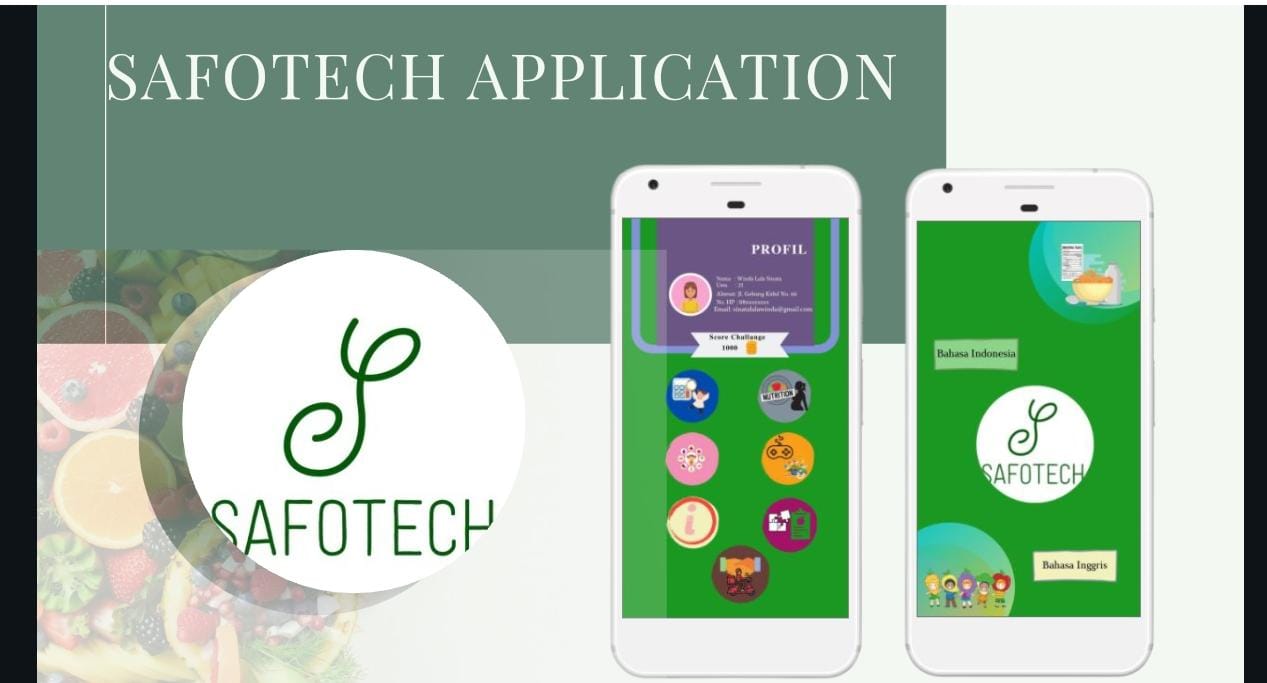UNAIR NEWS – In the Global Competition for Life Sciences (GloCoLiS), Universitas Airlangga (UNAIR) students won a gold medal in the Food Technology Category with an essay entitled SAFOTECH: Complementary Application for Child Diet and Nutrition Intake to Prevent Stunting Toward Indonesian Achieving SDGs 2030. The essay presents innovations in the form of an application to prevent stunting in children.
Maulana Hanif Ibrahim, one of the team members, explained that the innovation was initiated due to the high stunting rate in Indonesia. Citing data from the Ministry of Health, the essay explains that Indonesia has become the third-highest country with stunting rate in the Southeast Asian region.
“SAFOTECH is an application that is useful to help deal with stunting in Indonesia,” said Hanif on Monday, November 29, 2021.
Hanif further explained that the application contains graphs for measuring the growth and development of children and pregnant mothers and stages of child growth and development.
The innovation design was chaired by Winda Aenah (Faculty of Medicine) with four other members, Maulana Hanif Ibrahim (Faculty of Medicine), Zida Sinata Milati (Faculty of Public Health), Siti Nur Lailatul Mutmainnah (Faculty of Veterinary Medicine), and Ilham Ahmad Kami (Faculty of Advanced Technology and Multidiscipline).
Despite being in the design stage, the innovation is ready to be developed. Hanif emphasized that the team is open to those who are interested in developing this application.
“Since we still don’t have the staff to make the application, we are open for any partnerships from various groups. It’s a shame if the work of the nation’s children only stops at the idea stage because it has not been able to have a real impact on the community,” Hanif said.
With this innovation, Hanif and the team hoped that their ideas could be useful for the community. In addition, hopefully, this innovation could be developed and created to solve other problems.
Several university teams abroad, such as the Netherlands, Mexico, and Malaysia, also participated in the competition organized by the Indonesian Young Scientist Association (IYSA). The competition began with collecting scientific papers, after which the selected participants presented their ideas. (*)
Author: Tata Ferliana W.
Editor: Binti Q. Masruroh





